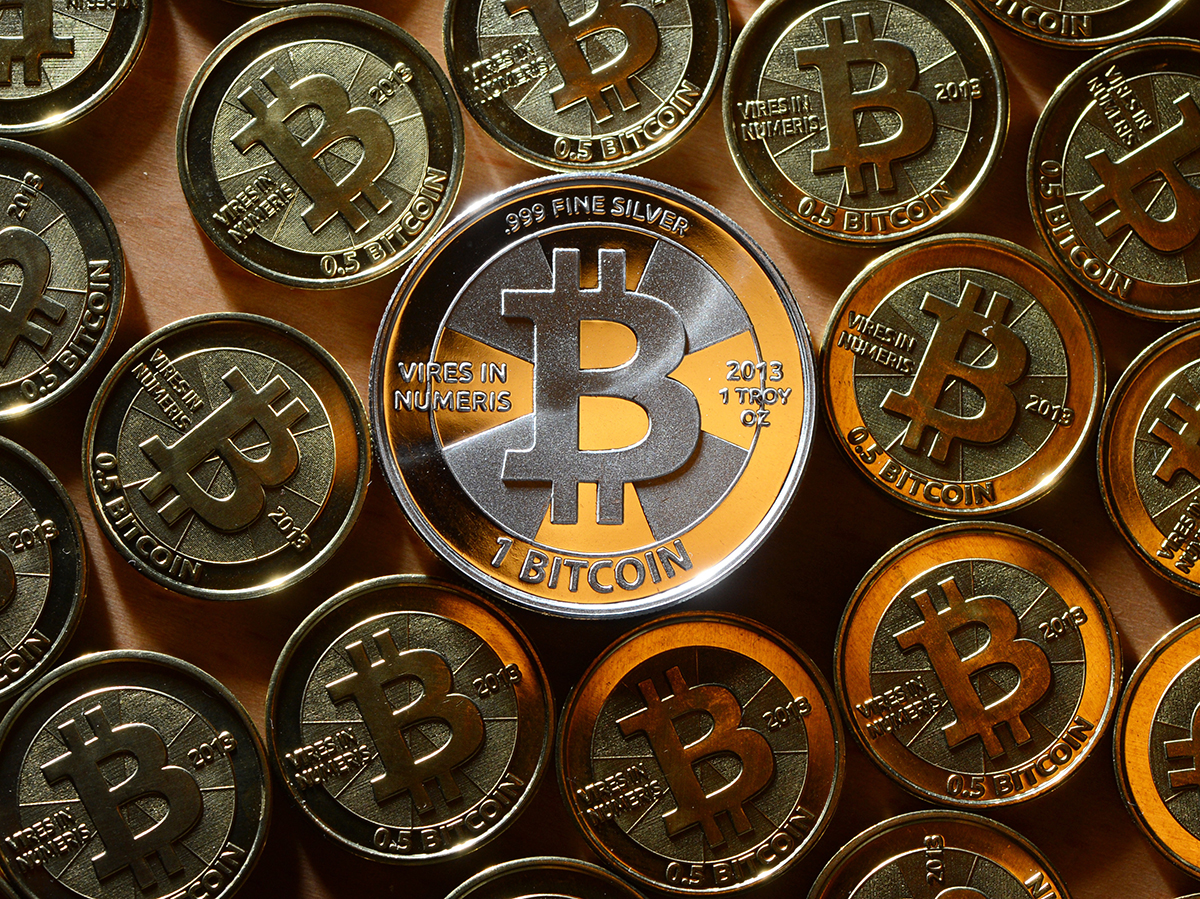Direct Property Africa (DPAT) is a breakthrough protocol that enables individual investors to access the African investment landscape by utilizing Web3 technology and asset backed tokens. The platform is the first-of-its-kind allowing the global crypto community to easily buy, sell, and exchange asset backed infrastructure tokens in major African projects making participation transparent, affordable and simple. The real question is how does this new innovative token compare with other cryptos? Continue reading to find out.
Can Klaytn (KLAY) come back from a poor week?
Klaytn is an enterprise solutions platform aiming to give thousands of individuals a user-friendly blockchain interface. The platform wants to increase its interoperability with current data tools and has plans to provide special analytics that aim to enhance the effectiveness of Blockchain Application operations soon.
Klaytn’s advanced analytics aims to incorporate blockchain-specific features such as token economy documentation, account type profiling, token distribution tracking, network congestion monitoring, and more general business metrics such as adherence analysis, active user community estimation, and funnel analysis.
Many investors are concerned about Klaytn’s (KLAY) sharp decline over the past 7 days and will need to progress with caution. One thing is certain, given that land only ever appreciates, DPAT looks a safer and cheaper bet than KLAY.
Price Variation of Zilliqa (ZIL)
Launched in June 2017, Zilliqa (ZIL) is a public blockchain designed to be a high-performance, scalable, and secure platform for developing decentralized applications (dApps). As the first platform of its kind to utilize the technique by splitting its infrastructure into several interconnected blockchains, Zilliqa (ZIL) seeks to resolve the scalability problem in Bitcoin (BIT) and Ethereum (ETH) projects and support more transactions.
Users may interact with each decentralized application and service created on the network’s blockchain using the network’s native currency, called Zil. The token may be used to trade NFTs, pay for goods and services, and more. NFTs identify ownership of unique items like collectibles, original pieces of art, and other such items.
In the past seven days, Zilliqa has declined sharply. After the sudden dip in form, Zilliqa’s (ZIL) investors are left worried and looking at other alternatives to fill the void.
Direct Property Africa (DPAT) has zero to no competition
Yes, you heard that right, 54 countries, markets and DPAT is the only serious player in this space. The one of a kind protocol is a game-changer for international investors and local African developers and infrastructure builders. The custom DPAT marketplace lists real estate and infrastructure projects from across the continent in places like Accra in Ghana and Cape Town in South Africa and using distributed ledger technology and asset backed tokens, anyone from anywhere around the world can invest in African projects safely and transparently from as little as $5.
The marketplace will offer developers and infrastructure builders clear and cost-effective alternative financing options to pursue innovative projects that solve critical issues. Investors also gain access to new emerging markets previously denied to them at fractions of the cost.
The DPAT smart contract audit was successfully completed by SolidProof, and the group also finished their KYC process with Coinsult. DPAT token holders can expect major rewards and incentives including deposit bonuses, discounts on transaction fees, governance membership, VIP African safari and city trips.
According to blockchain experts and cryptocurrency enthusiasts, DPAT will increase by 3,000% during and after the presale. Anybody hoping to capitalize on Africa’s undeniable economic potential in a low-risk way might be wise to take a closer look at DPA Token.
For more information visit: The Website
Disclosure: This is a sponsored press release. Please do your research before buying any cryptocurrency or investing in any projects. Read the full disclosure here.






